The documents were generated by a federal project examining the root failures of the longest armed conflict in US history. They include more than 2,000 pages of previously unpublished notes of interviews with people who played a direct role in the war, from generals and diplomats to aid workers and Afghan officials.
The US government tried to shield the identities of the vast majority of those interviewed for the project and conceal nearly all of their remarks. The Post won release of the documents under the Freedom of Information Act after a three-year legal battle.
In the interviews, more than 400 insiders offered unrestrained criticism of what went wrong in Afghanistan and how the United States became mired in nearly two decades of warfare.
With a bluntness rarely expressed in public, the interviews lay bare pent-up complaints, frustrations and confessions, along with second-guessing and backbiting.
“We were devoid of a fundamental understanding of Afghanistan — we didn’t know what we were doing,” Douglas Lute, a three-star Army general who served as the White House’s Afghan war czar during the Bush and Obama administrations, told government interviewers in 2015. He added: “What are we trying to do here? We didn’t have the foggiest notion of what we were undertaking.”
“If the American people knew the magnitude of this dysfunction. . . 2,400 lives lost,” Lute added.
The interviews, through an extensive array of voices, bring into sharp relief the core failings of the war that persist to this day. They underscore how three presidents — George W. Bush, Barack Obama and Donald Trump — and their military commanders have been unable to deliver on their promises to prevail in Afghanistan.
The US government has not carried out a comprehensive accounting of how much it has spent on the war in Afghanistan, but the costs are staggering.
Since 2001, the Defense Department, State Department and US Agency for International Development have spent or appropriated between $934 billion and $978 billion, according to an inflation-adjusted estimate calculated by Neta Crawford, a political science professor and co-director of the Costs of War Project at Brown University.
Those figures do not include money spent by other agencies such as the CIA and the Department of Veterans Affairs, which is responsible for medical care for wounded veterans.
“What did we get for this $1 trillion effort? Was it worth $1 trillion?” Jeffrey Eggers, a retired Navy SEAL and White House staffer for Bush and Obama, told government interviewers. He added, “After the killing of Osama bin Laden, I said that Osama was probably laughing in his watery grave considering how much we have spent on Afghanistan.
The documents also contradict a long chorus of public statements from US presidents, military commanders and diplomats who assured Americans year after year that they were making progress in Afghanistan and the war was worth fighting.
Several of those interviewed described explicit and sustained efforts by the US government to deliberately mislead the public. They said it was common at military headquarters in Kabul — and at the White House — to distort statistics to make it appear the United States was winning the war when that was not the case.
“Every data point was altered to present the best picture possible,” Bob Crowley, an Army colonel who served as a senior counterinsurgency adviser to US military commanders in 2013 and 2014, told government interviewers. “Surveys, for instance, were totally unreliable but reinforced that everything we were doing was right and we became a self-licking ice cream cone.”
John Sopko, the head of the federal agency that conducted the interviews, acknowledged to The Post that the documents show “the American people have constantly been lied to.”
“We don’t invade poor countries to make them rich,” James Dobbins, a former senior US diplomat who served as a special envoy to Afghanistan under Bush and Obama, told government interviewers. “We don’t invade authoritarian countries to make them democratic. We invade violent countries to make them peaceful and we clearly failed in Afghanistan.”
The Post obtained hundreds of pages of previously classified memos about the Afghan war that were dictated by Defense Secretary Donald H. Rumsfeld between 2001 and 2006.
Dubbed “snowflakes” by Rumsfeld and his staff, the memos are brief instructions or comments that the Pentagon boss dictated to his underlings, often several times a day.
“I may be impatient. In fact I know I’m a bit impatient,” Rumsfeld wrote in one memo to several generals and senior aides. “We are never going to get the US military out of Afghanistan unless we take care to see that there is something going on that will provide the stability that will be necessary for us to leave.”
As a result, in the field, US troops often couldn’t tell friend from foe.
“They thought I was going to come to them with a map to show them where the good guys and bad guys live,” an unnamed former adviser to an Army Special Forces team told government interviewers in 2017. “It took several conversations for them to understand that I did not have that information in my hands. At first, they just kept asking: ‘But who are the bad guys, where are they?’ ”
“I have no visibility into who the bad guys are,” Rumsfeld complained in a Sept. 8, 2003, snowflake. “We are woefully deficient in human intelligence.”
“From the ambassadors down to the low level, [they all say] we are doing a great job,” Michael Flynn, a retired three-star Army general, told government interviewers in 2015. “Really? So if we are doing such a great job, why does it feel like we are losing?”
Upon arrival in Afghanistan, US Army brigade and battalion commanders were given the same basic mission: to protect the population and defeat the enemy, according to Flynn, who served multiple tours in Afghanistan as an intelligence officer.
Bob Crowley, the retired Army colonel who served as a counterinsurgency adviser in Afghanistan in 2013 and 2014, told government interviewers that “truth was rarely welcome” at military headquarters in Kabul.
“Bad news was often stifled,” he said. “There was more freedom to share bad news if it was small — we’re running over kids with our MRAPs [armored vehicles] — because those things could be changed with policy directives. But when we tried to air larger strategic concerns about the willingness, capacity or corruption of the Afghan government, it was clear it wasn’t welcome.”
John Garofano, a Naval War College strategist who advised Marines in Helmand province in 2011, said military officials in the field devoted an inordinate amount of resources to churning out color-coded charts that heralded positive results.
“They had a really expensive machine that would print the really large pieces of paper like in a print shop,” he told government interviewers. “There would be a caveat that these are not actually scientific figures, or this is not a scientific process behind this.”
But Garofano said nobody dared to question whether the charts and numbers were credible or meaningful.
Other senior officials said they placed great importance on one statistic in particular, albeit one the US government rarely likes to discuss in public.
“I do think the key benchmark is the one I’ve suggested, which is how many Afghans are getting killed,” James Dobbins, the former US diplomat, told a Senate panel in 2009. “If the number’s going up, you’re losing. If the number’s going down, you’re winning. It’s as simple as that.”
“There was not a willingness to answer questions such as, what is the meaning of this number of schools that you have built? How has that progressed you towards your goal?” he said. “How do you show this as evidence of success and not just evidence of effort or evidence of just doing a good thing?”
Last year, 3,804 Afghan civilians were killed in the war, according to the United Nations.
That is the most in one year since the United Nations began tracking casualties a decade ago.
MNA/PR

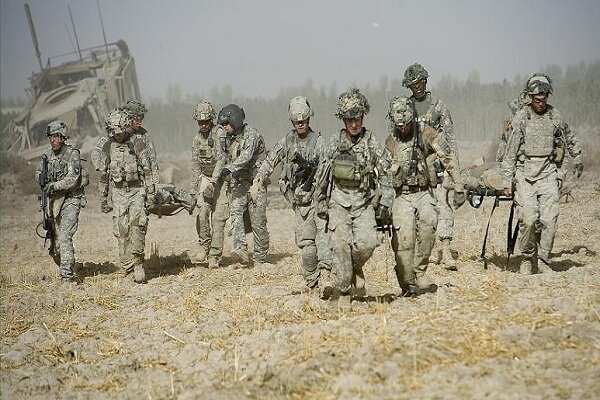


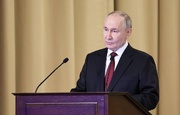
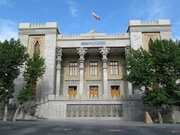

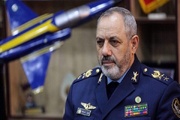
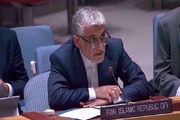
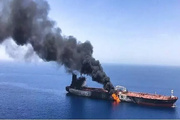



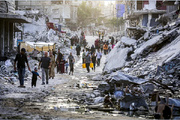

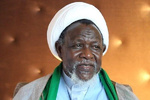
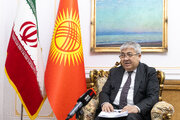
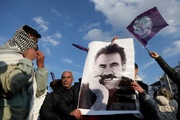
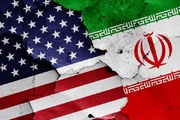
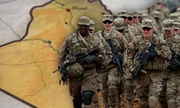





Your Comment